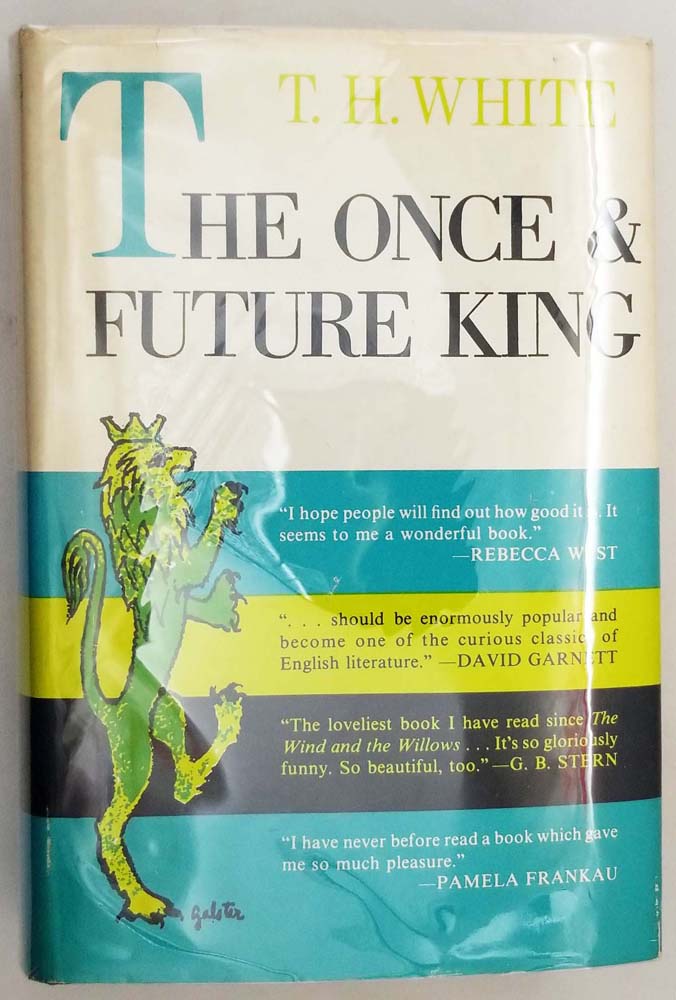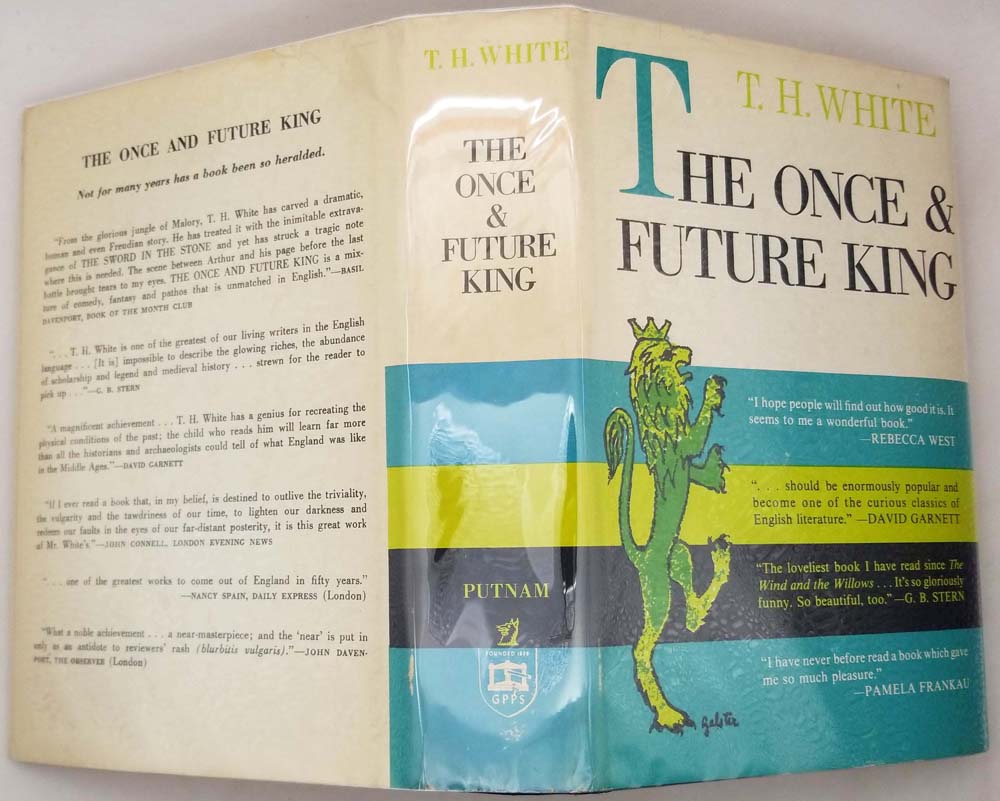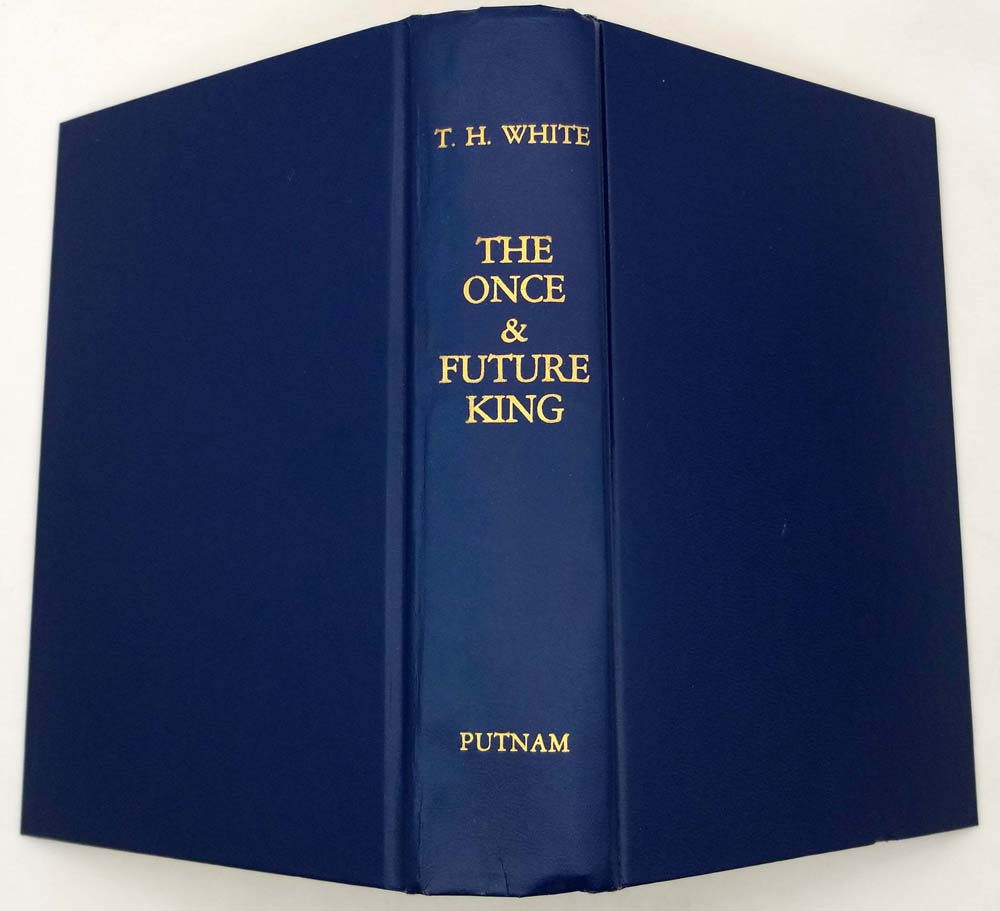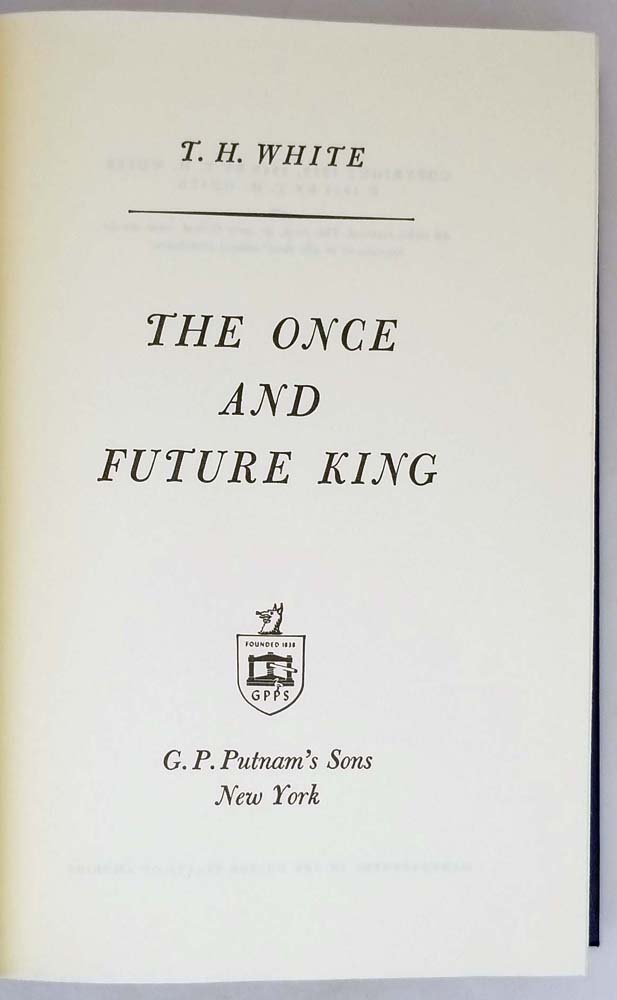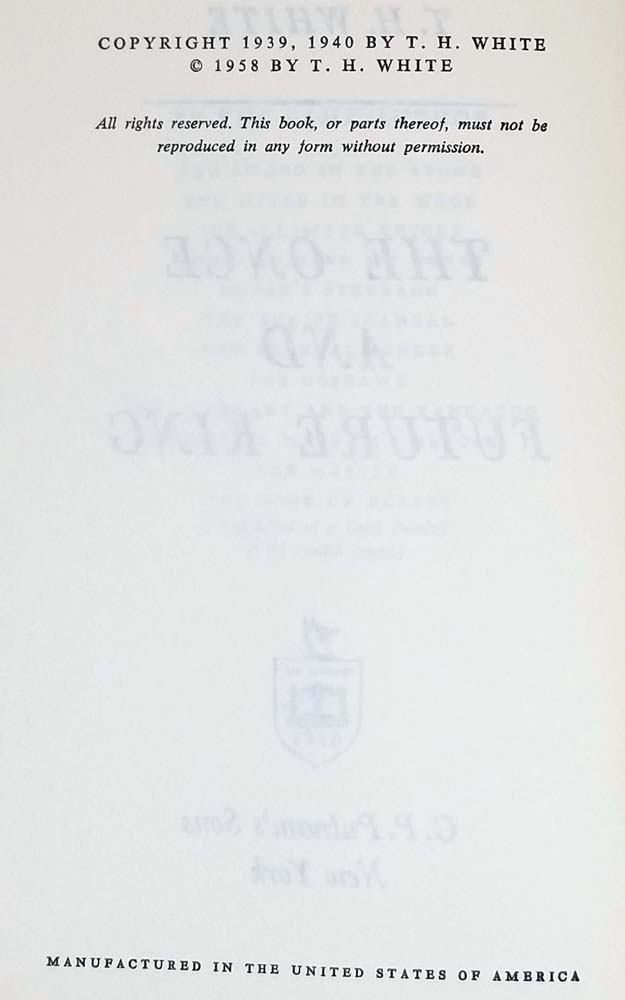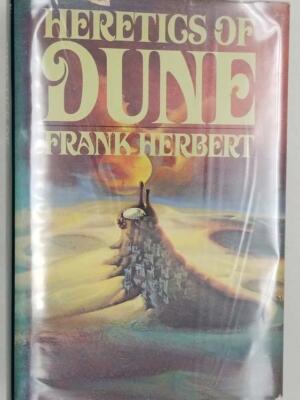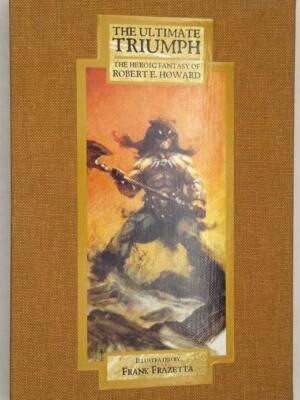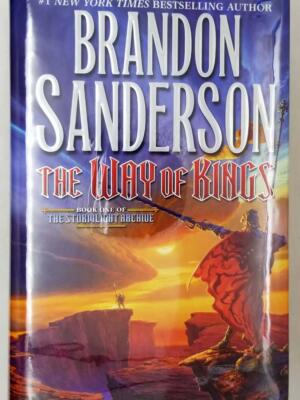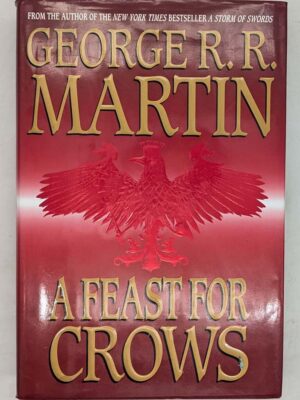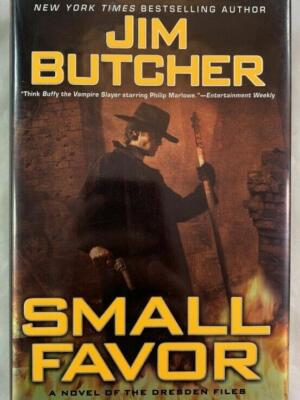The story begins with the young Arthur (called “Wart”) receiving an unconventional education from the wizard Merlyn, who lives backward in time and teaches through transformative adventures—turning Arthur into animals to impart lessons on power, justice, and empathy. After pulling the sword from the stone, Arthur ascends as king and establishes the Round Table, aiming to replace brute force with chivalric ideals.
But idealism crumbles under human flaws: Lancelot’s tortured love for Guinevere, Mordred’s vengeful scheming, and Arthur’s own naivety lead to tragedy. White’s prose shifts from whimsical (The Sword in the Stone) to achingly tragic (The Candle in the Wind), reflecting Arthur’s journey from hope to disillusionment.
A profound meditation on war, governance, and the cyclical nature of history, the novel’s title nods to Arthur’s mythical return in Britain’s darkest hour.
For fans of: Le Morte d’Arthur (Malory), The Mists of Avalon (Bradley), or Watership Down (Adams)—for its anthropomorphic wisdom.
